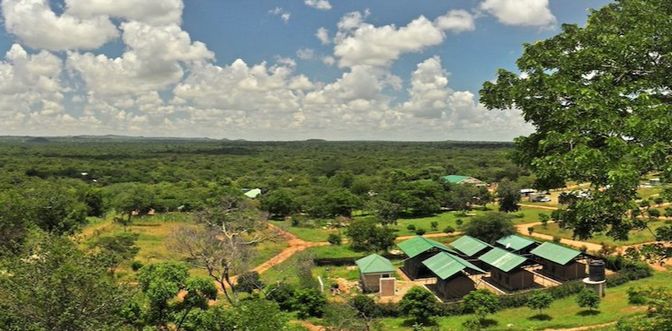Shanta Gold Limited (AIM:SHG, OTC:SAAGF) has increased the total gold resource for its acreage in Tanzania and Kenya to just shy of 3.7mln ounces (oz), a three-fold increase in five years, it said.
Mining reserves or the most certain category accounted for 625,000oz, with its producing New Luika (NLGM) gold mine in Tanzania now having an estimated mine life out to early 2028.
Reserves also included 231,000oz from the new Singida operation in Tanzania, while the resources overall were boosted by 1.76mln oz from West Kenya.
Eric Zurrin, chief executive, said: “Exploration drilling at NLGM, resource and reserve definitions at Singida, and excellent progress at our high-grade West Kenya Project have all contributed to the impressive longevity and quality of Shanta's portfolio of East African gold assets.
“During 2022, Shanta has once again extended the life at NLGM with new reserves, now through to Q1 2028 from Q4 2026 (when measured at the end of 2021). This marks the fourth consecutive year in which we have extended the mine life by at least another year
“We spent US$2.1mln on exploration in Tanzania, less than half of that incurred in 2021 due to priority over Singida construction funding, returning overall 92,500oz of new reserves at NLGM.
“As Singida moves into production in the very near term and transitions from a cost centre to a cash generator, our exploration focus will pivot back to mine life extension in order to unlock long-term shareholder value.” Proactive






